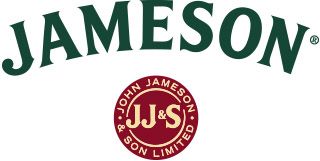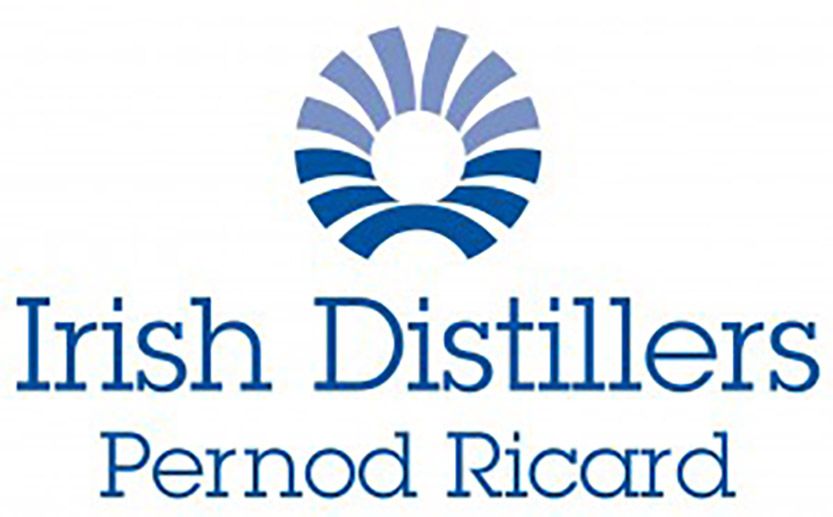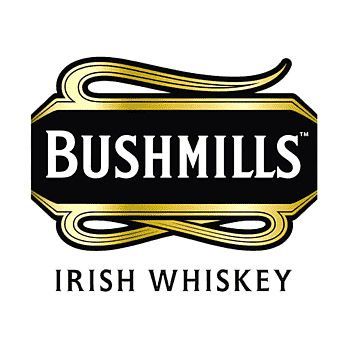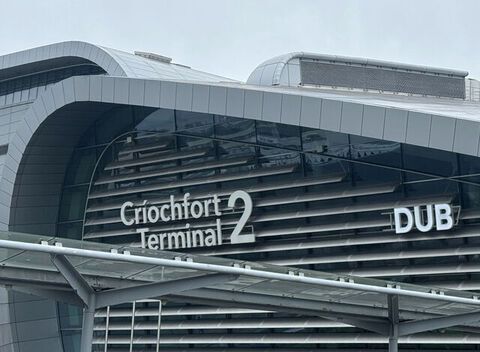If it's distilled on the island of Ireland, or one of the offshore islands, it is Irish Whiskey.
This applies to Bushmills from County Antrim and Jameson from Dublin. But now these two iconic brands are facing division, a de facto business border, by way of U.S. tariffs: ten percent for Bushmills and 15 percent for Jameson.
This comes about as a result of the ten percent tariff deal reached between the U.S. and UK and the 15 percent mark for Jameson seemingly included in the U.S.-EU deal forged by President Trump.
Regardless of which tariff number applies, the recent deals are not good news for the overall Irish whiskey brand in terms of its efforts to reach deeper into the crucial U.S. market.

As the Irish Times reported: "Some Irish whiskey exporters may be forced “to reorientate their focus away” from the US if a 15 per cent tariff rate applies as part of the recently agreed EU-US trade deal, the head of the Irish Whiskey Association (IWA) has warned.
“With a higher tariff, the costs associated with exporting will increase and we could see price on shelf go up also,” IWA director Eoin Ó Catháin said. “I don’t think a 15 per cent tariff would exclude people from exporting per se, but it may see certain companies re-orient strategy towards other markets."
Mr Ó Catháin, according to the report, was responding to reports that the EU had so far failed to secure a carve out for the sensitive wine and spirits sector.
“The application of this tariff will increase costs for both exporters and consumers, and will have knock-on effects on the hospitality and tourism sectors in the USA,” he said.
“The zero-for-zero trade arrangement, which removed tariffs on our products in 1997, worked well for over three decades. It has never been more important to return to this as soon as possible,” Ó Catháin added.

The Irish Independent reported that so-called “strategic products” that were getting “special treatment” in the tariff negotiations included EU aircraft and aircraft parts, certain chemicals and drug generics, and the EU commission said both sides had agreed to keep working to add more products to the list.
However, commission spokesman Olof Gill indicated that no agreement had been reached for a lower tariff rate on alcoholic drinks.
The Independent report also noted that the Irish whiskey sector had benefited from zero-for-zero tariffs between the U.S. and EU over the last two decades. Ireland exported €410 million worth of whiskey to the U.S. last year, the equivalent of 34,000 tonnes.
In recent years there have been predictions that Irish whiskey brands - which have been growing in number at a rapid clip - would overtake Scotch whiskey sales in the U.S. by 2030.
The different tariff rates faced by both could now have a negative effect on this assessment despite some Irish brands, those from the North, being on a par with Scotch.
Regardless of the battle between Irish Whiskey and Scotch Whisky, where there was once whiskey in the jar there is now whiskey in two jars: one of them north of the border, the other south of it.








